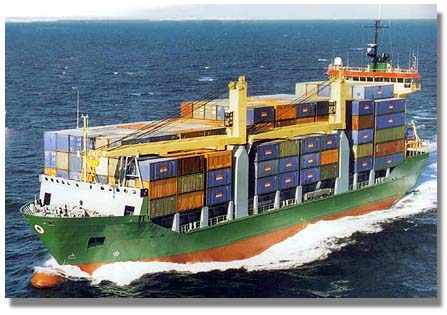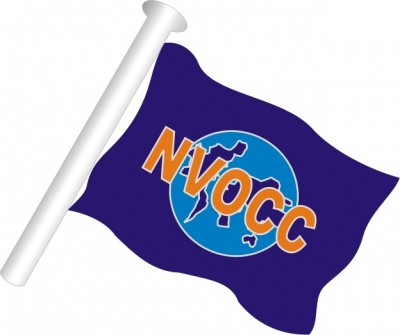Difference Between Freight Forwarder and NVOCC

Although the functions performed by freight forwarders and NVOCCs (Non Vessel Operating Common Carriers) are pretty much similar, yet there are a few differences between the two when studied in detail. One of the major differences is that the responsibility of an NVOCC is to act as the carrier of the cargo being shipped from one place to the other. However, a freight forwarder is only responsible for facilitating passage of cargo and does not actually act as the cargo carrier. Since an NVOCC acts as the carrier, for this reason it is responsible for any loss or damage to the cargo during the shipment process whereas the same is not true in case of a freight forwarder considering the fact that a freight forwarder is not the actual cargo carrier. Moreover, it is mandatory for an NVOCC to issue a bill of lading whereas a freight forwarder issues no such bill. A bill of lading is the agreement which holds an NVOCC responsible for loss or damage to cargo while it is shipped from origin to destination.
Instructions
-
1
Freight Forwarder:
The term freight forwarder refers to an individual or a company which organises shipment of cargo for an individual or a company from one place to another. An important fact to be realised is that a freight forwarder merely acts as a supply chain management expert. This means that the freight forwarder would not actually carry the goods. A question may arise here. If a freight forwarder would not act as the carrier, why one should even bother with getting services from a freight forwarder? The answer to this question is that it is the freight forwarder’s responsibility to contract a carrier, both at the origin and destination ports and to take care of necessary paperwork and documentation which may be necessary for custom clearance which is often required when cargo is being shipped across countries.
Image Courtesy: freightforwarderssite.com

-
2
NVOCC:
The term NVOCC, short form of Non Vessel Operating Common Carriers, refers to a transportation company (a carrier) which is actually responsible for carriage of cargo from one location to the other. This means that an NVOCC has all the necessary equipments such as cargo containers at its disposal. In almost all countries, it is mandatory for an NVOCC to file its tariff with government regulatory bodies. This practice is meant towards creating a public tariff.
Image Courtesy: africa-air-cargo.com






